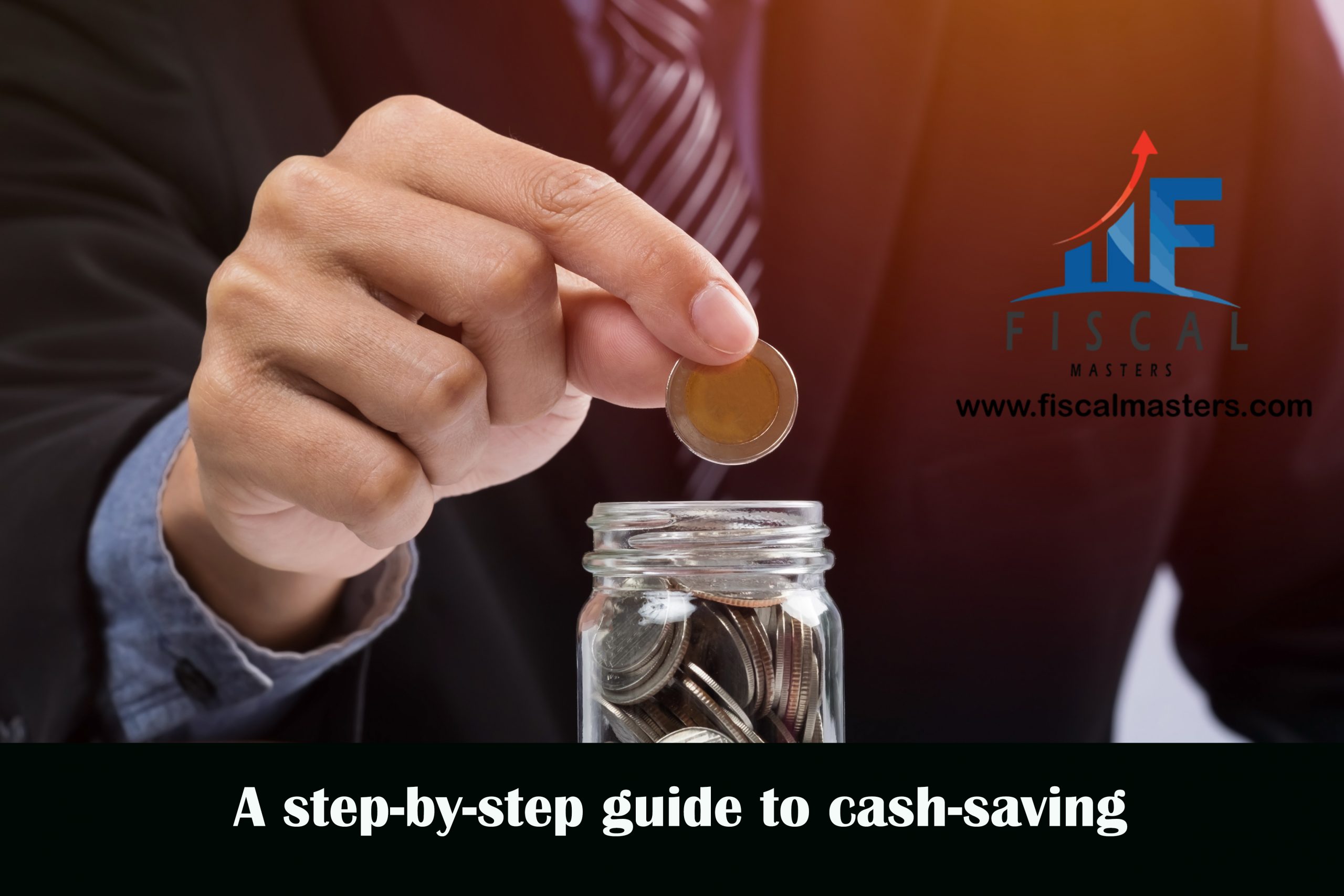Today’s fast-paced world is built to make cash-saving difficult; credit cards, one-click purchases, and even same-day deliveries are a few reasons why. If you are struggling to stop overspending, here are ten budgeting tips on controlling the urge to do so and learning the basic skills of cash-saving.
Why can’t you stop spending money?
Have you noticed that all the cute things are next to the cash counter? Or have you noticed deals in supermarkets that say if you purchase two items, you get the third one free? These strategies are in place so customers can spend their money buying things they don’t need.
Read More: Managing Personal Finances: Ten Tips for Money-Saving to Achieve your Financial Goals
Saving money is what makes the world go. However, retailers need to apply such cash-saving strategies to be able to sell. But don’t worry; we will show you how you can stop overspending and work toward saving money. First, let’s discuss why you can’t resist the urge to spend money.
Facebook, Instagram, and everything in between
Peer pressure is real, and that is what you get when you scroll through hundreds of posts on your social media. Your friend buys a nice top or perfume, and the next thing you know, you will order the same thing online.
It is not just because of your friends on social media; it can be from an influencer or simply an ad on YouTube. These things will certainly drain your expenses and make you forget about cash-saving goals.
Expense tracking
Regardless of whether you earn a lot or little, not keeping track of your expenses can empty your pocket in no time. It may feel like your money is vanishing in thin air; however, it may be a by-product of your extravagant spending.

Impulsive buying
All of us must have seen a movie where a girl loves to spend her money on things that are not needed. Retail therapy is real! Some people also refer to it as compulsive or impulsive buying. It is when a person purchases stuff to make themselves feel good and ignores all the cash-saving methods.
Those who buy impulsively end up feeling good when they spend so much. But, at the end of the month, an empty bank account may make them feel much worse.
Lack of insight
One thing that makes all the difference is the need for more awareness. Those with a habit of spending on unnecessary wants fail to understand the pertinence of cash-saving. People must know their limits and the difference between spending and overspending.
How Can You Stop Overspending?

These ten budgeting tips for cash-saving will help you stop overspending and save money to become financially literate.
Learn about your spending triggers
Saving cash and learning money management starts with acknowledging what makes you spend. Many psychological and emotional triggers make you spend excessively; removing these triggers will eventually help you save money. Following is a list of triggers that you must keep in mind the next time you decide to spend your money
- Time – Is there a certain time of the day when you feel more relaxed and energized? If yes, then that is your shopping window. People make wiser choices when they shop with more energy and less pressure, helping them save money.
- Place – Do you ever visit a fair and buy all those trinkets from every stall possible? Then it is better for you to avoid shopping at fairs and carnivals. There are certain places where people tend to spend more such as malls or flea markets, or even superstores. Cash saving can be difficult when you visit your favorite shopping places.
- Mood – If you are stressed, depressed, or upset, go out for a walk in the park instead of a shopping mall. A person’s mood can have a direct impact on their buying behavior.
Figure out where you are spending
The key to cash-saving is to realize where you are spending your money. Take some time to analyze your expenditures, record where you went, when you ate out, and how much you bought in a week or month.
Read More: Understanding Investment Basics: Five startup sectors that you can invest in for financial success
You need to keep an eye on two types of spending: the essentials and the non-essentials. Essentials involve spending on your necessities, and this amount does not change every month, while the latter includes dining out, hanging out with friends, holiday gifts, and much more.
Financial planning
As mentioned, financial planning will help you manage money and keep a check and balance. As soon as you receive your pay, remember to divide it into three portions: essentials, non-essentials, and cash savings.

Shopping with a list
You may go to a mall and see yourself walking down aisles and aisles of stuff, mindlessly adding things to your basket. Planning and deciding what to buy can reduce this impulsive buying behavior.
Next time you plan to do groceries or go to a mall, check your inventory first. After this, you will have to write down whatever you need. Creating a cash-saving checklist of things to buy will help you to stick to a budget. If you buy your groceries online, use the button ‘Buy again’ to purchase the same list again this month.
Skip the credit card
Credit card bills are a nuisance when it comes to saving money. If you are serious about smart spending, you need to cancel all your credit cards. These card bills are what you owe until you pay off the loan.
Imagine you are hanging out with your friends, and swipe your card to pay $50 for your meal. This $50 will add up to your expense next month, and if you don’t clear it on time, it will add up to your debt.
Read More: Importance of financial planning
You can use a debit card or a prepaid card instead. It will allow you to use whatever you have and save you from debt.
Essential expenditures will remain the same, including bills, groceries, and utilities. Then comes the cash-saving. Keep aside 20% of your monthly salary to build emergency funds for rainy days. Your non-essentials come last and include your pre-work coffee or even your monthly app subscriptions.
Plan your Financial Goals
Financial goals are your saviors when it comes to cash saving. Pause momentarily and think about what you want from life that requires savings. You can go on a holiday you always wanted or surprise your better half with a birthday present.
Whatever you want to achieve in life can be set as a financial goal. It will give you the motivation to save and not spend extra. Once you decide on these short-term and long-term goals, try sticking to the budget you decide to continue saving money.
Practice ‘Time out’ before buying
If you are a person who is easily convinced to buy stuff, then this tip is best for you. If you want to buy something out of your budget, pause, think back about saving money, and wait. These three simple steps are all you have to do.
After a day or two, ask yourself whether you still need it. Is it worth spending the extra budget? Chances are that you won’t need it after all.
Say No to Peer pressure
The pressure to remain in competition with your peers can be a budget-busting practice. If you see your best friend buying the newest gadget or a dress, remember you do not have to buy it too. Do not let these unrealistic expectations ruin your saving plans because no one will help you when you are out of finances.

Empty out your bank account
Emptying your bank account does not mean spending every dollar of your pay-cheque. Most people tend to overspend when they save money in their bank account, so you have to do the opposite. Start by allocating your salary into segments.
Read More: Importance Of Saving Money: Why Is Saving Money Important?
For instance, if you have to pay bills, pay them off on priority. Deposit a certain amount every month in a savings account or even a retirement account. Ensuring every penny is in its place will not tempt you to spend all of your paycheque.
Don’t fall for Sale Season
We see stores full of people flocking for their favorite stuff during the sale season. It is also in this same season that a person loses control and end up ruining their financial goals.
Retail outlets are well aware of their customers and their buying psychology. But, if you buy something for a 25% discount and buy more than you intend, then you are spending instead of saving.
Let go of these shopping traps and practice self-discipline when going on shopping sprees. Follow the list that you made before shopping and stick to it.
Conclusion
Saving money is a habit that builds over the years and may take some time to reform. Starting with tiny baby steps can help you instill cash-savings in your daily routine. You may still be urged to swipe your card, but money-saving habits cannot change overnight. Don’t be hard on yourself; learn to spend wisely by gradually adapting the steps. Next time you want to purchase something from your Monthly budget; ask yourself if you need it. If you don’t need it, then don’t buy it!




Your article helped me a lot, is there any more related content? Thanks!